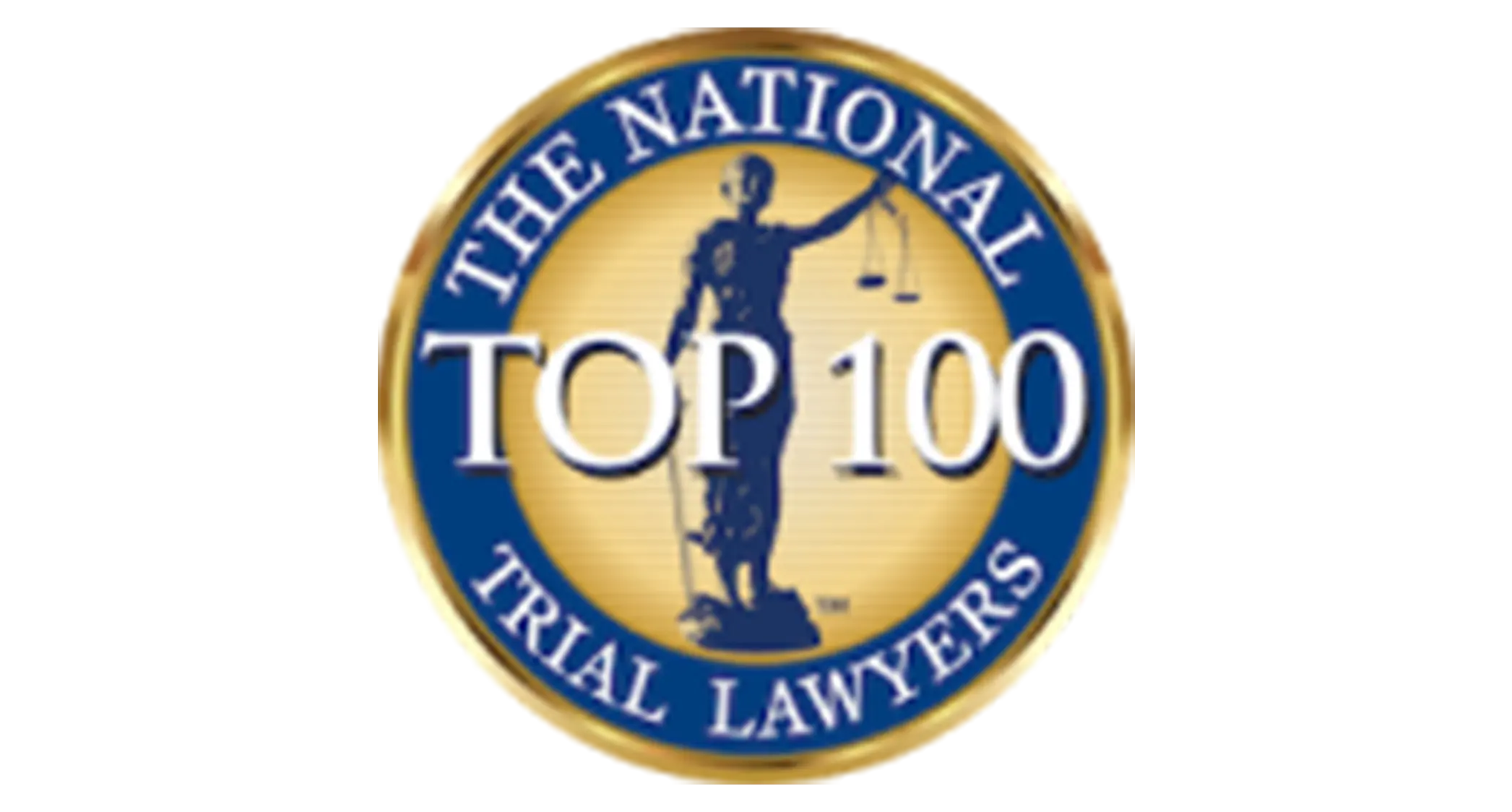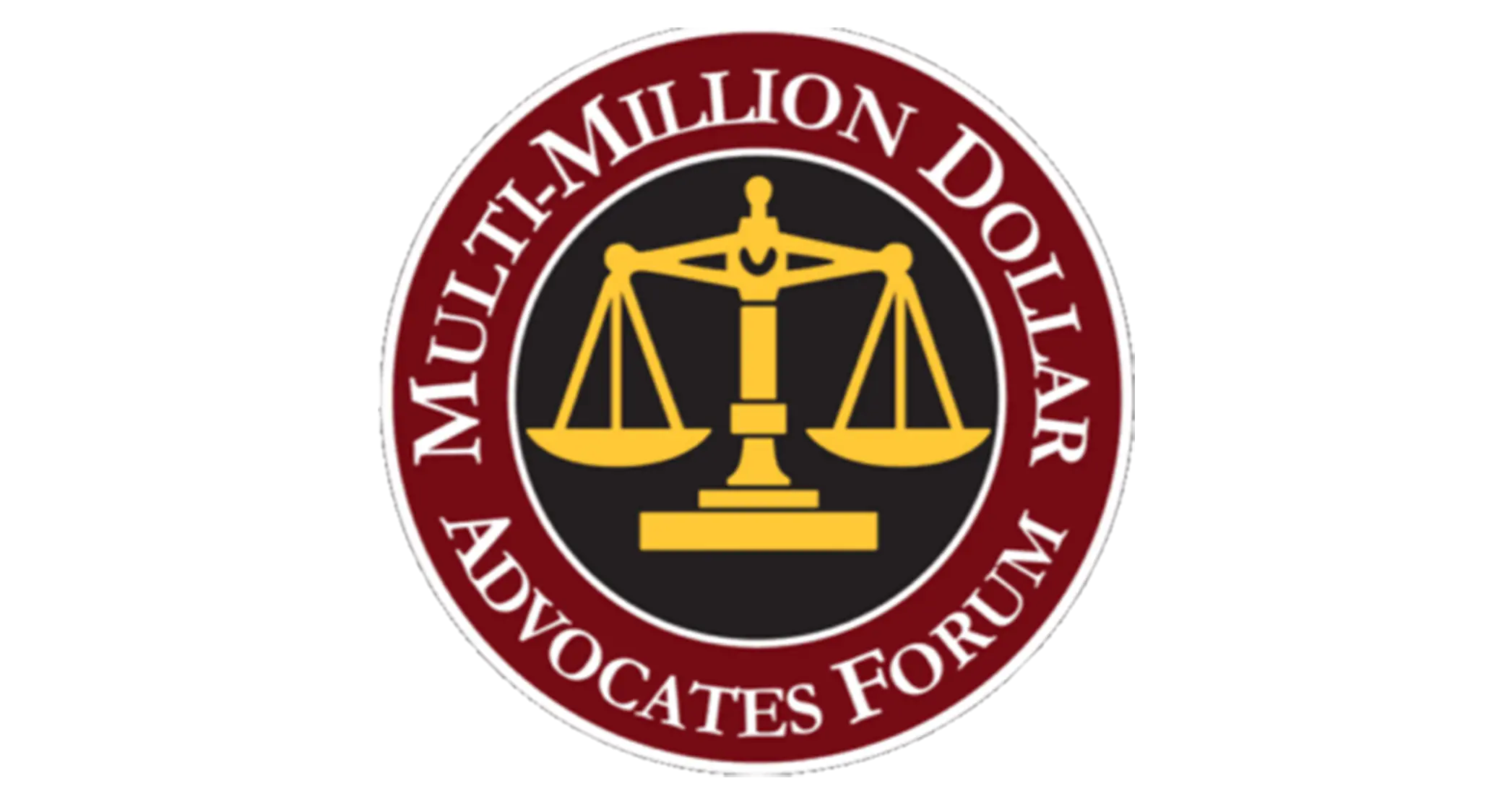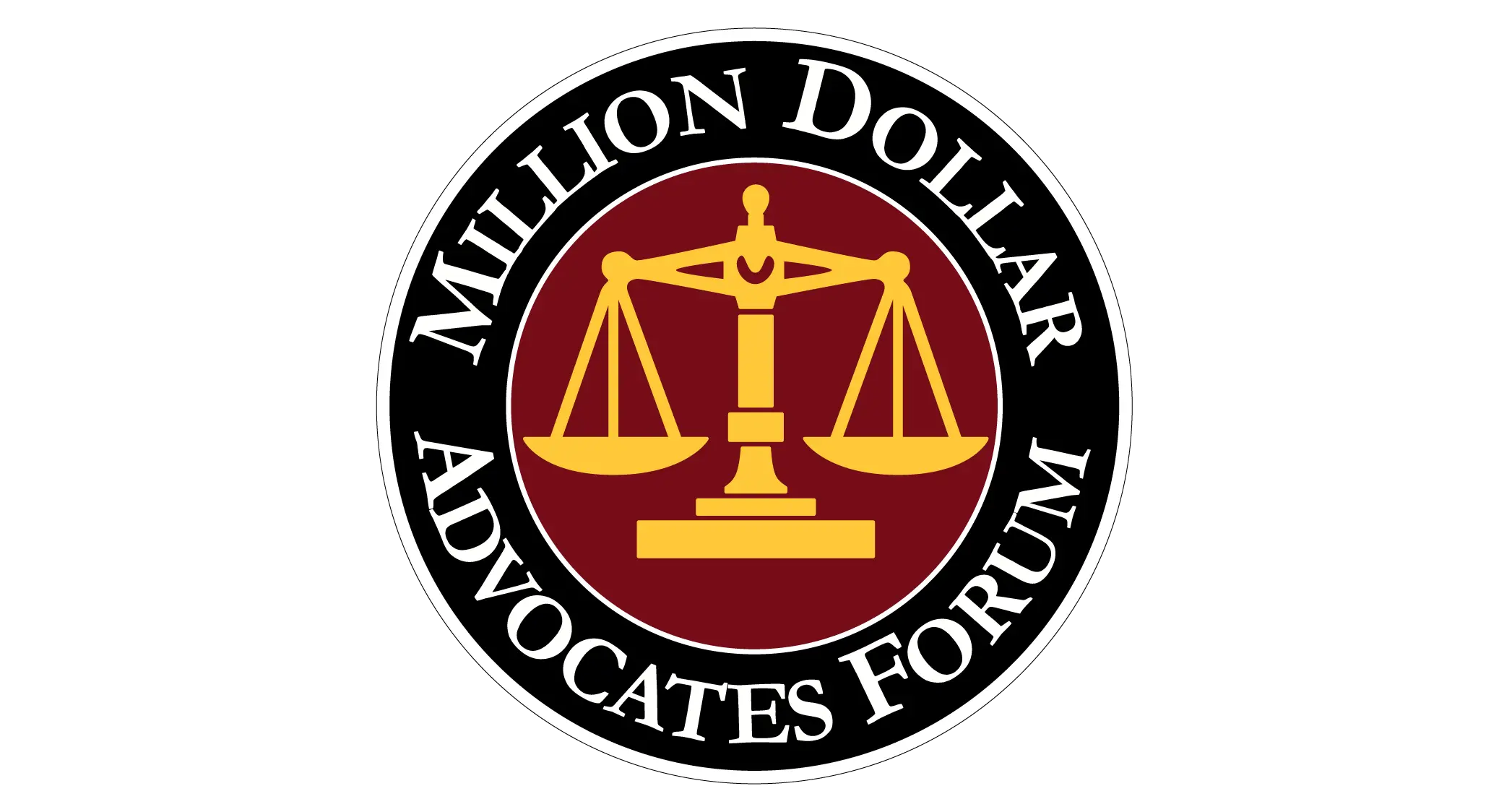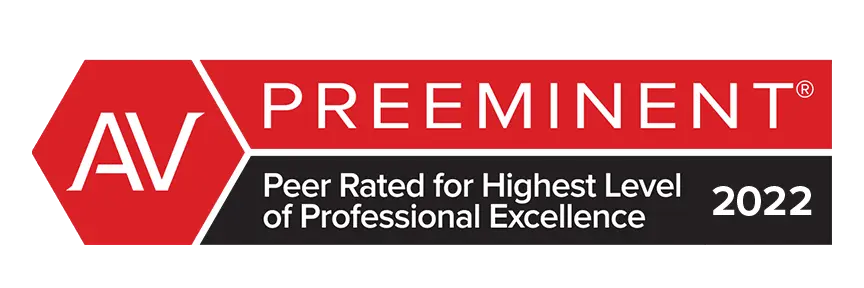Fraud against the government costs taxpayers millions of dollars every year. Our whistleblower lawyer provides legal protection when a person sheds the spotlight on fraudulent activity. A lot of greedy and unscrupulous companies, institutions and individuals use fraud or false billing to get a cut of the cash that flows out of Washington. In an effort to cut down on the amount of taxpayer dollars lost to fraud, the government has enlisted regular citizens to uncover deceptive, money-grabbing schemes.
Our Whistleblower Lawyer Protects Those Who Report Fraud
The False Claims Act, 31 U.S.C. § 3729 also known as the Whistleblower Act, Qui Tam Statute or Lincoln Law – gives ordinary citizens like you the power to sue companies or individuals over financial fraud committed against the government. Successful False Claims Act cases may include fraudulent payment schemes involving federal health care programs (including Medicare), government procurement contracts, grants for small businesses, federally insured mortgages and other federal programs. Our whistleblower attorney handles qui tam cases in all areas, regardless of the business field or government agency.
FAQs About Whistleblower Cases
What is a whistleblower?
A whistleblower is someone with evidence of fraud or other wrongdoing who reports the misconduct. The reporting can be internally to the company only, to the company and the government, or to the government only.
Who can be a whistleblower?
If you have evidence of fraud or wrongdoing inside a company, you can be a whistleblower. Although you do not have to work for the company, usually a whistleblower is a current or former employee. You are not required to have witnessed firsthand the fraud or misconduct.
What is the statute of limitations for whistleblowing?
It is essential that a whistleblower report fraud or wrongdoing as soon as possible. Each whistleblower law has its own statute of limitations, delineating the amount of time by which claims must be filed. If such time limits are not met, the whistleblower’s claim may no longer be legally actionable.
Under the FCA, the filing limitations for qui tam suits are as follows:
- A suit must be filed within six years from the date of the fraud
- OR three years after which the government knew (or should have known) about the fraud
- AND no later than 10 years after the fraud.
The sooner you file your claim, the better.
What if the whistleblower participated in the fraud?
Fraud participation does not automatically prevent you from filing a whistleblower claim or receiving an award, especially if you participated unknowingly, or participated under duress (that is, you were pressured to participate by a superior). A whistleblower is generally forbidden from submitting a claim only if they were the planner or initiator of the fraud and are ultimately convicted of it or a related charge.
Do whistleblowers have any legal protections?
Many sets of laws protect whistleblowers, including the False Claims Act (mentioned above) and the Dodd-Frank Act (which relates to fraud or misconduct involving securities or commodities). The IRS has its own version of the FCA to cover whistleblowing actions relating to tax fraud. A number of industry-specific whistleblower laws exist as well. Legal protections include prohibiting an employer from retaliating against an employee for whistleblowing.
Can I remain anonymous if I decide to be a whistleblower?
It is typical for a whistleblower’s identity to remain confidential. Under the Dodd-Frank Act, you can make an anonymous submission through whistleblower attorneys. However, there are risks that eventually your identity will need to be revealed.
What are the risks associated with being a whistleblower?
Unfortunately, whistleblowers risk many kinds of retaliation against them by their employers. Many have endured demotions, firings, transfers, reassignments, threats of harm, and other intimidations. However, under the various whistleblowing laws, the whistleblower can file for reinstatement (if applicable), back pay, and other damages.
The following actions taken by an employer against a whistleblowing employee are prohibited:
- Blacklisting, making you unable to secure future employment in your field
- Demotion
- Denying a promotion or overtime
- Denying benefits
- Disciplining
- Issuing a policy that conflicts with whistleblower protections
- Firing, laying off, or suspension
- Reassignment to a position that adversely affects your future prospects
- Reduction of pay or hours
- Threats and intimidation.
Why do I need legal representation to be a whistleblower?
Frankly, the laws covering whistleblowing activity are extremely complex, requiring you to file a number of forms that may not be clear in what they ask you to do and supply in the way of evidence. Although you could go it alone, having a skilled and experienced whistleblower attorney will go a long way towards giving you peace of mind. Your legal team can help you make the best case possible, ensure that your legal protections are observed, and help get the government interested in taking part in your suit.
When to Talk to a Whistleblower Attorney
If you suspect your employer is defrauding the federal government, contact a whistleblower attorney at The Louthian Firm Accident & Injury Lawyers today Toll Free: 803-592-6231 or online for a free evaluation of your case. We can confidentially review the facts in your case, advise you about whether your claim has merit and inform you about how the False Claims Act protects whistleblowers from retribution in the workplace – all for no charge.
About Whistleblower Protection Qui Tam Cases
The False Claims Act was first enacted during the Civil War in response to war profiteers who sold shoddy goods to the government or overbilled. The act allows whistleblowers who are unaffiliated with the government to bring an action on the government’s behalf against federal contractors who defrauded the government. This is what is known as a “qui tam” action, whose title has its origins in a Latin phrase that translates as “he who sues for the king as well as for himself.”
Whistleblowers, known as “relators” under the False Claims Act, often face considerable personal risk when reporting financial wrongdoing. To encourage whistleblowers to step forward with allegations of fraud, the government offers sizable rewards to those individuals. Whistleblowers under the False Claims Act may collect 15-30 percent of any money recovered in a successful qui tam lawsuit.
A lawsuit under the False Claims Act can result in the fraudster paying triple damages to the government, plus a penalty of $10,781 to $21,563 per claim. In some instances, a “claim” is interpreted as each individual bill or request for government payment, multiplying the size of the penalty according to the number of fraudulent bills submitted. An estimated $6 billion has been recovered for the government, resulting in nearly $1 billion in rewards for whistleblowers since the False Claims Act was revised in 1986 to make it easier for citizens to file qui tam actions.
How a South Carolina Whistleblower Attorney Can Help Secure Rewards
Many factors play into how much a whistleblower can recover in a qui tam lawsuit. The False Claims Act leaves a lot of room for discretion in deciding what percentage of the recovery the whistleblower will receive. Relators who promptly report fraud and provide significant assistance to the government will generally receive a larger cut. An experienced South Carolina whistleblower attorney such as the ones at The Louthian Firm Accident & Injury Lawyers can help you present your best case to the government in order to maximize your reward.
You Don’t Have to Pay for Whistleblower Protection
In addition to a significant reward, the False Claims Act also permits whistleblowers to recover their legal fees and costs from the party that perpetrated the fraud. The law also prevents employers from harassing or taking other adverse actions against a whistleblower.
What it Means to be a Whistleblower
Do You Have a Qui Tam Case?
Most qui tam actions are brought by current or former employees of companies or institutions that defrauded the government. They can also be brought by subcontractors, competitors, federal employees, customers, patients or virtually anyone who has information that a party has knowingly submitted fraudulent claims for payment to the government. You do not need to have suffered some sort of personal harm in order to bring a qui tam case. If you’re unsure about how to report fraud, it’s important to get legal help from an experienced whistleblower attorney at The Louthian Firm Accident & Injury Lawyers. We’ve handled successful whistleblower cases and will discuss your case today, for free.
Call us at 803-592-6231 to ask about whistleblower protection.
You generally will not be able to recover in a qui tam action if you were responsible for the fraud. The False Claims Act also frowns on so-called “parasitic” claims, where a relator reports information about a fraud that was already generally known in the public realm.
What Can Be the Subject of a Whistleblower Lawsuit?
Under the False Claims Act, a qui tam action can be based on the actions of any party who:
- Knowingly presents a false or fraudulent claim for payment to the government;
- Knowingly makes a false statement or record in order to get a fraudulent claim paid;
- Conspires to submit a fraudulent claim or make statements to get a fraudulent claim paid; or
- Knowingly deprives the government of property or money that it is due.
False claims for health care services under Medicare, Medicaid and Social Security have been common subjects of qui tam cases in recent years. Federal military contractors have also been targets of whistleblower lawsuits, as have universities that received federal research grants and companies that deal with federal agencies such as the Department of Labor, the Environmental Protection Agency, the Department of Energy, NASA and the Department of Agriculture.
It is important to remember that the False Claims Act does NOT apply to claims, records or statements made under the Internal Revenue Code, meaning it does not apply to tax fraud. There are other exceptions, including actions against the states, members of Congress, judges and senior members of the executive branch.
How Can a Whistleblower Lawyer Help Me File a Claim under the False Claims Act?
An experienced whistleblower lawyer like the ones at The Louthian Firm Accident & Injury Lawyers can assess your case and help you file the necessary disclosure statement with the government if you have a valid case. In some instances, the government will “intervene” or take part in your lawsuit. A qualified South Carolina whistleblower attorney can help you structure your claims in such a way that the government will be persuaded to intervene in your case, possibly increasing the likelihood that you will recover reward money. However, even if the government doesn’t decide to intervene, it might still be advisable to pursue your case without government involvement.
Get Protection from a Skilled Whistleblower Retaliation Attorney
If you have insider knowledge about governmental fraud, you could be entitled to a significant cash reward in a whistleblower suit. Whether it is Medicare fraud, tax fraud, defense contractor fraud, mortgage fraud, or some other kind of fraud, an experienced whistleblower attorney like the ones at The Louthian Firm Accident & Injury Lawyers can assess your case and help you file the necessary disclosure statement with the government if you have a valid case.
Some whistleblowers fear retaliation if they speak up. If you believe you have a case of fraud to report, consult with a skilled attorney who has successfully handled qui tam cases. You’ll get a free, confidential evaluation of your case when you call The Louthian Firm Accident & Injury Lawyers. Talk to an attorney today at 803-592-6231 or fill out our contact form.
Learn More in Our Whistleblower Newsletter
Whistleblower eNewsletter | View on Scribd






